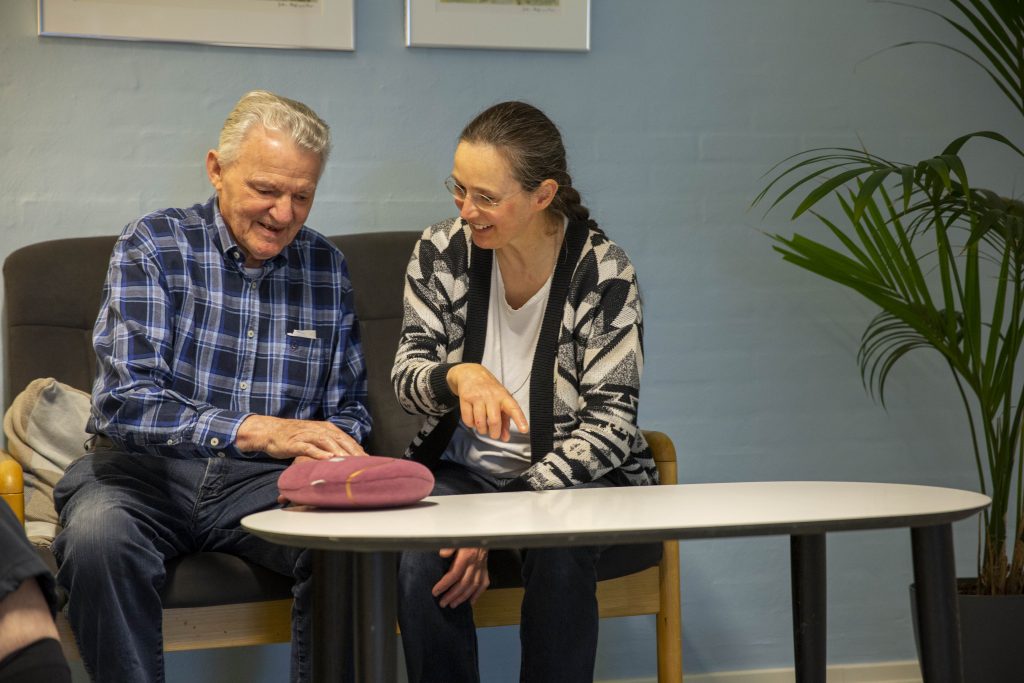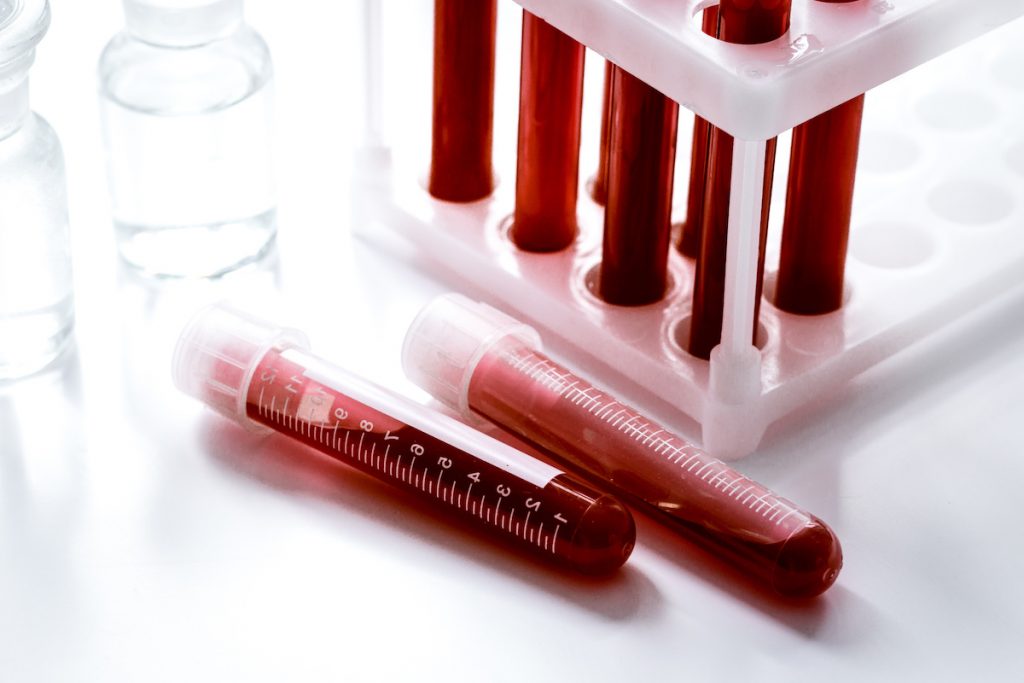“Historic moment” in Alzheimer’s research as new drug shown to alter the disease’s trajectory

Scientists have hailed a “historic moment” for dementia treatment as a new experimental drug has been shown to reduce cognitive decline in early-stage Alzheimer’s.
The cognition of Alzheimer’s patients given Lecanemab declined by 27 per cent less than those on a placebo treatment after 18 months.
Lecanemab works by clearing deposits of amyloid, a protein that builds up in the brains of Alzheimer’s patients during the early stages of the disease.
The phase three clinical trial results were reported by the Japanese pharmaceutical company Eisai that worked alongside the US firm Biogen to develop the drug.
While this is a modest change in clinical outcome, it is the first time any drug has been clearly found to alter the disease’s trajectory.
“This is a historic moment for dementia research, as this is the first phase three trial of an Alzheimer’s drug in a generation to successfully slow cognitive decline,” Dr Susan Kohlhaas, the director of research at Alzheimer’s Research UK, told the Guardian.
“Many people feel Alzheimer’s is an inevitable part of ageing. This spells it out: if you intervene early you can make an impact on how people progress.”
In the study, which enrolled roughly 1,800 patients with early-stage Alzheimer’s, the participants were given twice-weekly infusions of the drug.
About a fifth of patients experienced side-effects, including brain swelling or brain bleeding visible on PET scans, with about three per cent of them experiencing symptomatic side-effects.
The research offers a boost to the “amyloid hypothesis”, which assumes that sticky plaques seen in the brains of dementia patients play a role in damaging brain cells and causing cognitive decline.
A series of previous drugs had been shown to successfully reduce levels of amyloid in the brain, but without any improvement in clinical outcomes.
Eisai and Biogen are expected to apply for regulatory approval in the US and Europe by the end of the year.
If approved, healthcare providers will have difficult decisions about whether to fund the drug, which requires infusions every two weeks, and who will be eligible for it because the clinical improvements seen by patients fall just below a widely accepted benchmark.
According to the Alzheimer’s Society, there are currently around 900,000 people with dementia in the UK – a number projected to rise to 1.6 million by 2040.







